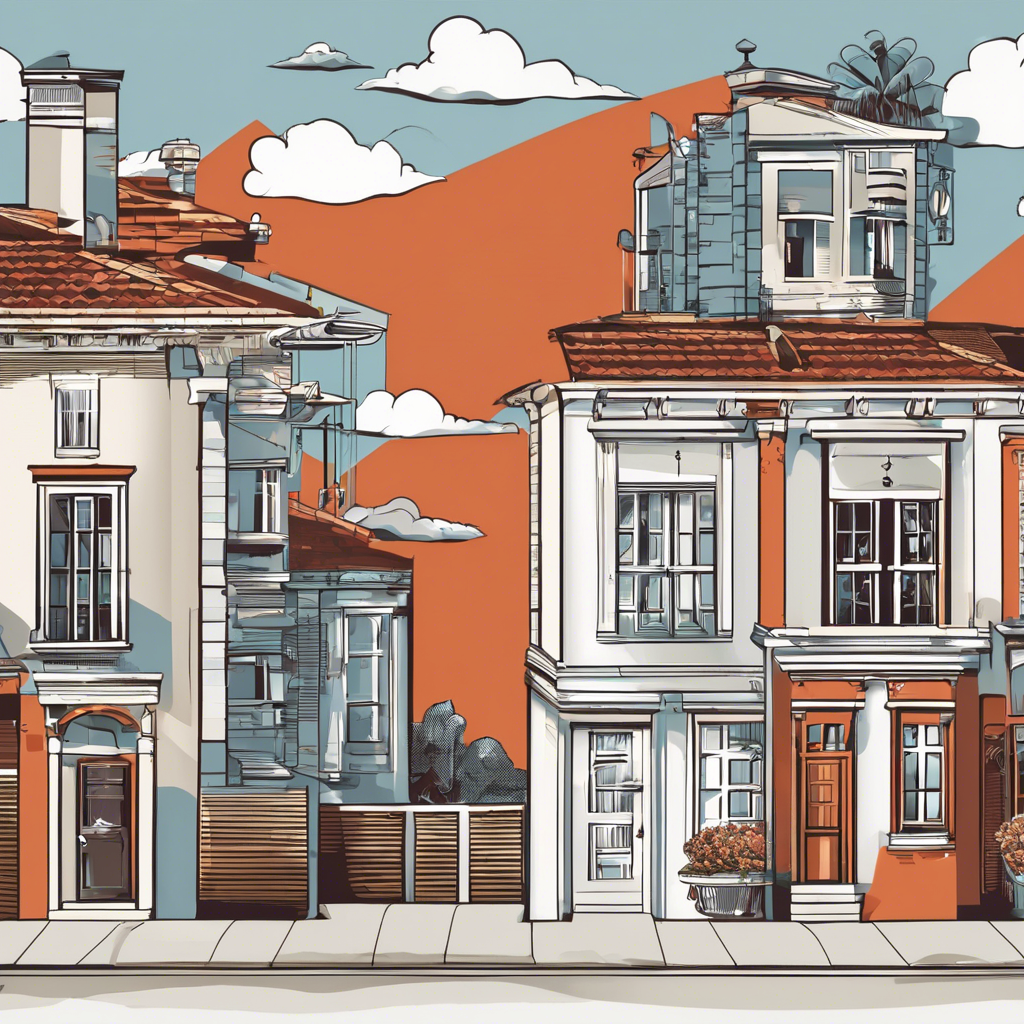Interest rates play a crucial role in determining the dynamics of property prices in the real estate market. As interest rates fluctuate, they create a ripple effect that impacts the affordability, demand, and overall value of properties. Understanding the relationship between interest rates and property prices is essential for both investors and homebuyers looking to navigate the market effectively.
The Federal Reserve’s decisions on interest rates significantly influence the borrowing costs for mortgages and loans. When interest rates are low, borrowing money becomes cheaper, leading to increased demand for properties. Low-interest rates can stimulate the real estate market, as more buyers are able to afford homes, driving up property prices.
Conversely, when interest rates rise, borrowing costs increase, making it more expensive for buyers to finance their home purchases. Higher interest rates can dampen the demand for properties, causing prices to stabilize or even decline in certain markets. This inverse relationship between interest rates and property prices underscores the importance of monitoring economic indicators to anticipate market trends.
In addition to affecting buyer demand, interest rates also impact the profitability of real estate investments. Property investors rely on financing to acquire properties, and changes in interest rates can influence their return on investment. Higher interest rates mean higher borrowing costs, which can eat into rental income and potentially decrease the profitability of investment properties.
Moreover, rising interest rates can lead to a slowdown in new construction projects as developers face higher costs for financing. This reduction in supply can create a shortage of available properties, driving up prices in the market. Conversely, when interest rates are low, developers are more incentivized to build, increasing the supply of properties and potentially moderating price growth.
Homeowners with adjustable-rate mortgages are particularly vulnerable to fluctuations in interest rates. As interest rates rise, so do their monthly mortgage payments, putting strain on their finances. This can lead to an increase in foreclosures and distressed properties entering the market, which can further impact property prices in a given area.
On the other hand, homeowners with fixed-rate mortgages are shielded from interest rate hikes, as their mortgage payments remain constant throughout the loan term. This stability can provide a sense of security for homeowners, especially during periods of economic uncertainty or rising interest rates.
Real estate agents and industry experts closely monitor interest rate movements to gauge the strength of the housing market and advise clients accordingly. Understanding how interest rates affect property prices allows agents to provide valuable insights to buyers and sellers navigating the complex real estate landscape.
Overall, the relationship between interest rates and property prices is intricate and multifaceted, with various factors influencing market dynamics. Whether you are a first-time homebuyer, seasoned investor, or industry professional, staying informed about interest rate trends is essential for making informed decisions in the real estate market. By keeping a pulse on economic indicators and understanding the nuances of interest rate fluctuations, individuals can position themselves strategically in a dynamic and ever-evolving real estate environment.
